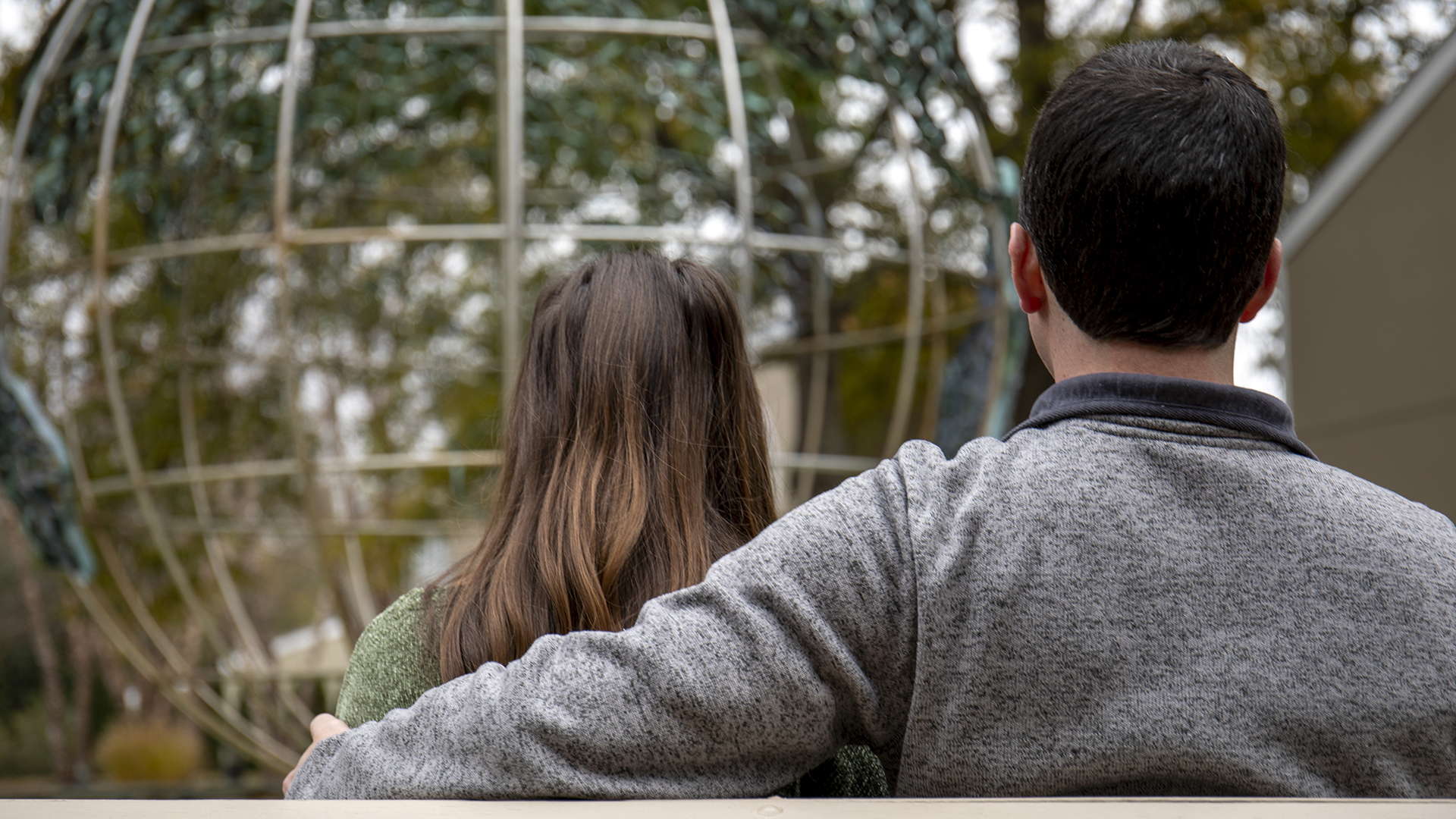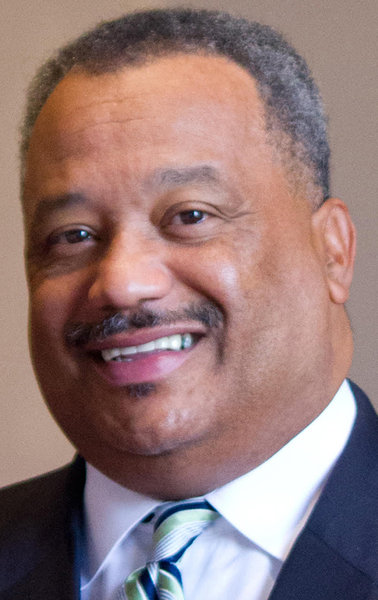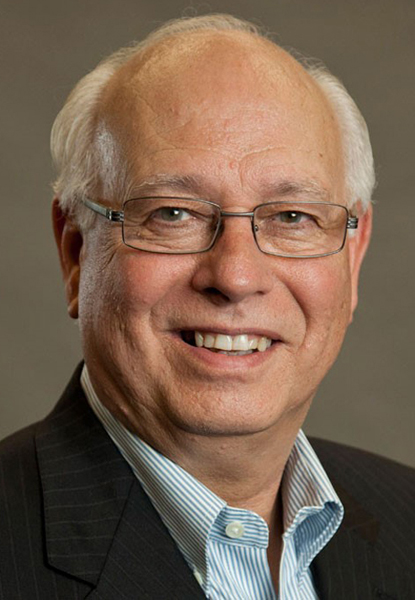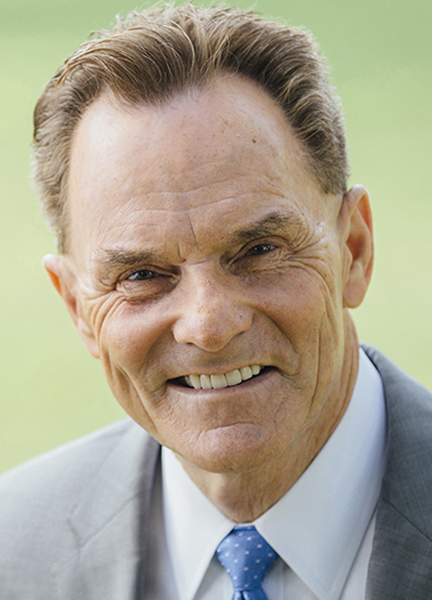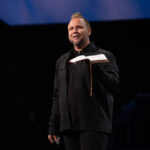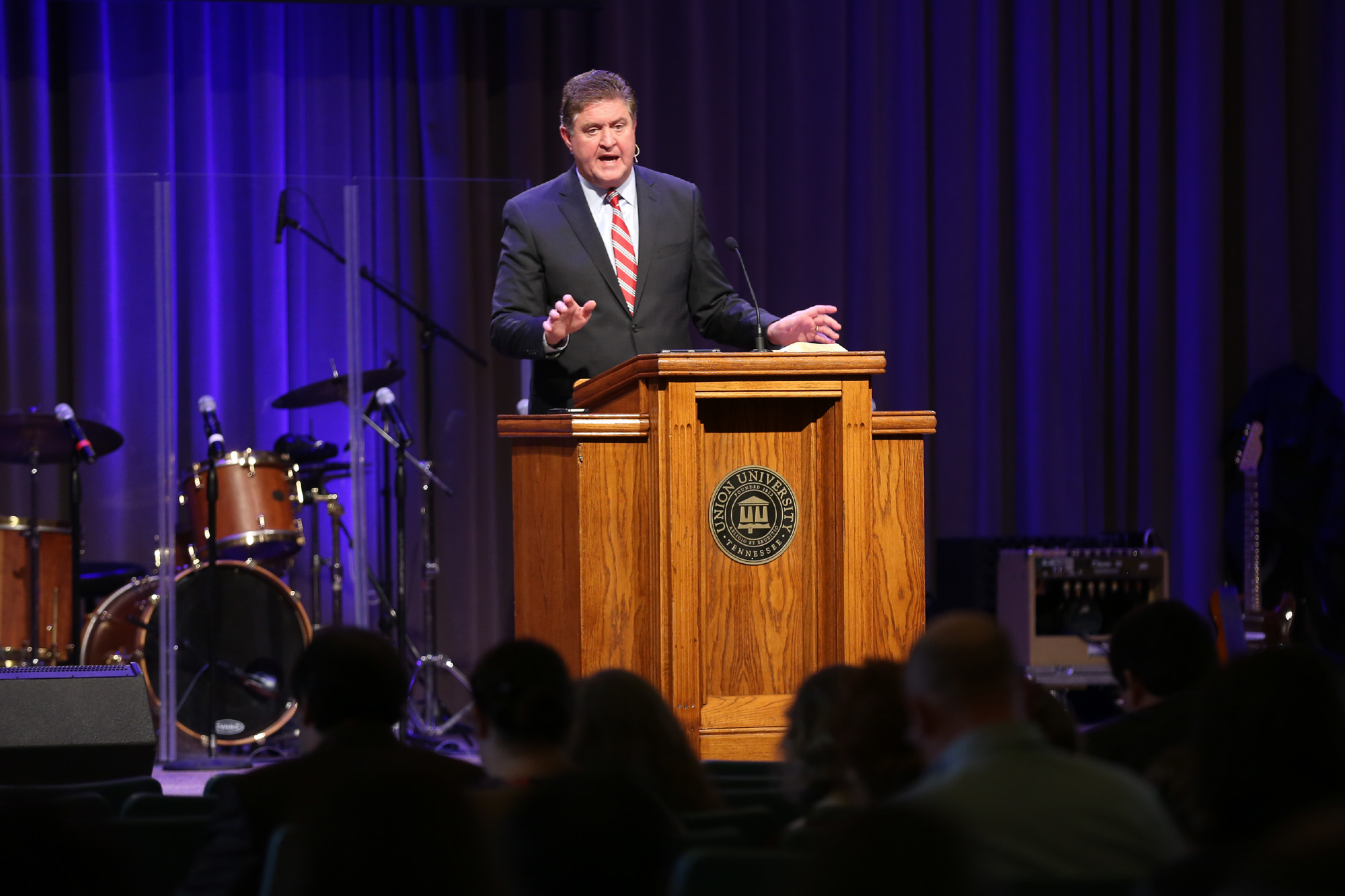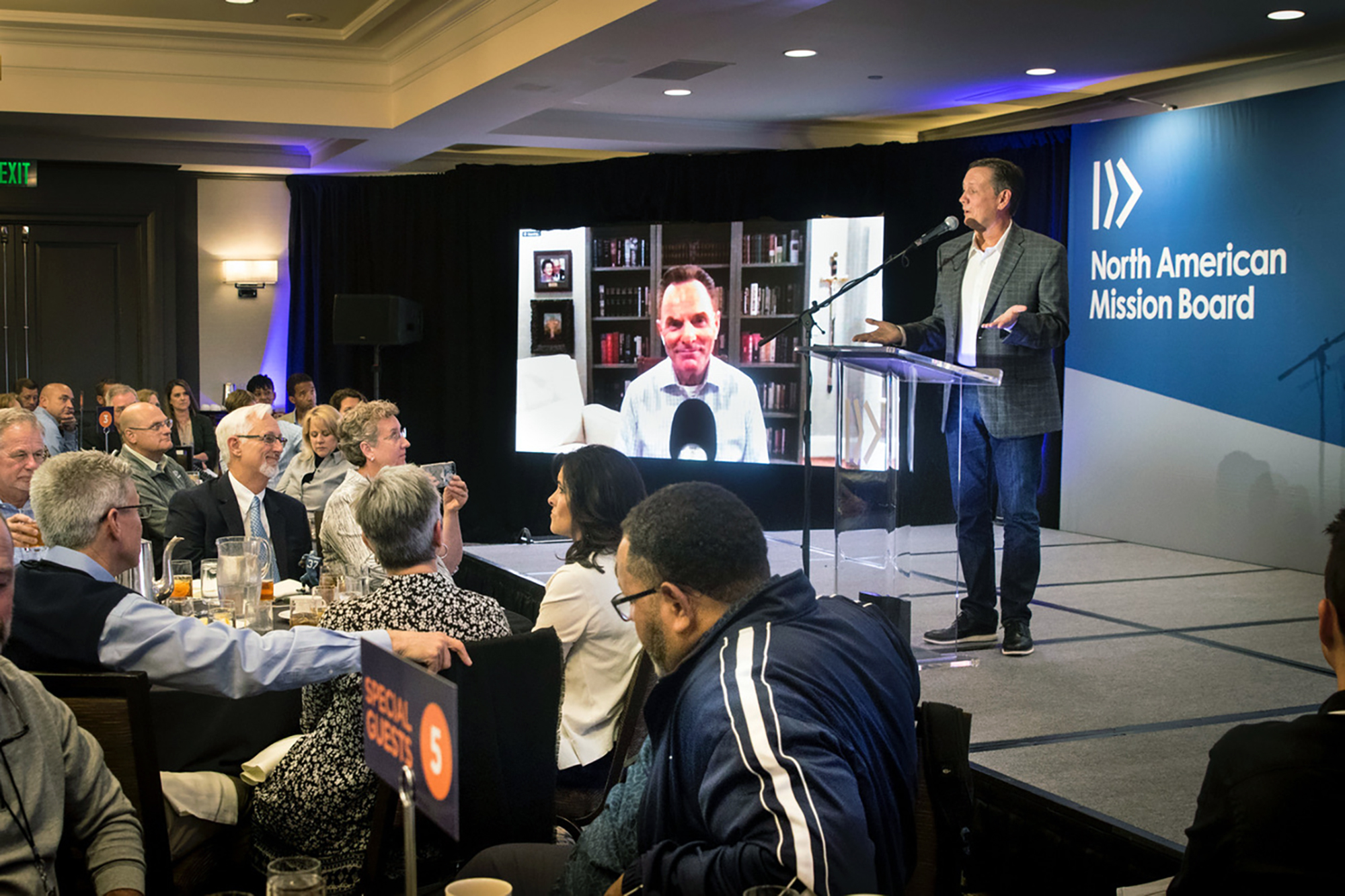
NEW ORLEANS (BP) — Imagine stepping into another country where dozens of worldviews and cultures co-mingle, and sometimes clash.
Now imagine being there to help those where trauma has left open wounds.
Three New Orleans Baptist Theological Seminary counseling students served through an eight-week counseling pilot program last summer in the Mediterranean region working with internationals from 15 different countries. The students worked as interns alongside Kip and Janet Dwyer*, international workers and NOBTS alums who operate a non-profit center providing food and other services to internationals in the area.
Fleeing home to find shelter elsewhere opens many to abuse and trafficking. Their journeys may leave them with “layers” of trauma, Kip said.
“They endure hit after hit,” Kip explained. “Your uncle tries to recruit you into a terrorist group, you get kidnapped, you escape to a boat, the boat sinks and you swim to shore. There, nobody speaks your language and you’re homeless. Then you have to find a way to get a job. The stress never stops.”
After Kip and Janet arrived in the region a few years ago, Janet volunteered her counseling services as a Ph.D. and licensed professional counselor. The response was overwhelming. This was a need NOBTS counseling students could meet, the couple recognized, and after approaching the NOBTS faculty and administration with the idea, the partnership program began.
Being sent out from NOBTS to a challenging international setting is one thing. Being prepared is another.
“Because NOBTS counselors get such excellent training, it’s not a problem,” Janet said. “Our NOBTS students are totally prepared.”
IN A SAFE PLACE
Jacqueline Owens knew that being an American from a different culture could actually be an advantage in the counseling room on foreign soil.
“As an outsider who doesn’t live there, as someone who isn’t from a client’s friend group or family, we could speak pretty openly about what was going on, and that felt safe to the clients,” Owens said.
Displacement, grief, abuse from people they might not know, all were sources of stress for clients. Owens said her goal was to help them find coping skills that lead back to good mental health
While navigating cultural boundaries may involve challenges, the return was great, Owens explained.
“Hands down, the experience was completely worth it,” Owens said. “To be able to see on their faces relief from being able to tell their story and know it is confidential and will be handled with care, that is very meaningful.”
LIVES PACKED WITH TRAUMA
Charyle Goines felt grounded in her theology and prepared for a multicultural setting before the trip, but what happened when she met with clients the first time surprised her.
“Every client I worked with, and some I met while doing ministry there, had stories packed full of traumatic experiences,” Goines said. “In the very first session, they walked me through their entire life experience.”
Severe persecution, war, being displaced from home, and other events had shaped their lives in ways most of Goines’s American clients had not experienced. Goines said she grew as a counselor to a “different emotional capacity” in order to process that amount of information quickly.
Clients grew, as well.
One day, a client voiced questions about God and confusion about how to make life decisions. As Goines helped to bring clarity, she found an open door for explaining the basics of the Christian faith.
It was a moment God used.
“Once I walked through that with her, she said it became clear to her that she hadn’t known what she believed,” Goines said. “She said, ‘Now I know. Now I want to accept. That’s what I want to believe.”
‘A GIFT’
Hayden Jernigan wondered if the “hope of Christ” would be enough to sustain him through the challenges of serving others with “overwhelming needs.”
Jernigan discovered something “beautiful,” he said. God used him to help others even as God grew him spiritually. When one session took an unexpected turn, the door opened for Jernigan to explain God’s grace.
“When clients ask, ‘What do you think?’ I am able to tell them, ‘As someone who believes in the Gospel, this is what I know to be true,’” Jernigan said.
A simple Gospel presentation led to a simple moment of clarity for the client and Jernigan led the young man to faith in Christ.
“The experience was a gift,” Jernigan said. “Looking back, I’m just amazed at how God was growing me and stretching me, but also using me for His purposes.”
The team offered professional mental health services and maintained all professional and ethical standards, Janet stressed. But, when questions arose that only the Gospel could answer, the team was ready.
QUESTIONS THAT CAN’T BE IGNORED
“Existential questions are always going to come up. It’s just a part of who we are as human beings,” Janet said. “It is extremely ethical as a Christian counselor to say, ‘As a Christian, I get my values from Scripture. This is how I organize my life. You don’t share the same beliefs as me, so where do yours come from?’”
The counselor’s open door can lead to Gospel conversations. As the team has learned, God can be trusted to lead other believers into their clients’ lives to nurture the seeds they planted and bring a harvest only He can bring.
EDITOR’S NOTE: Some names have been changed for security purposes.



